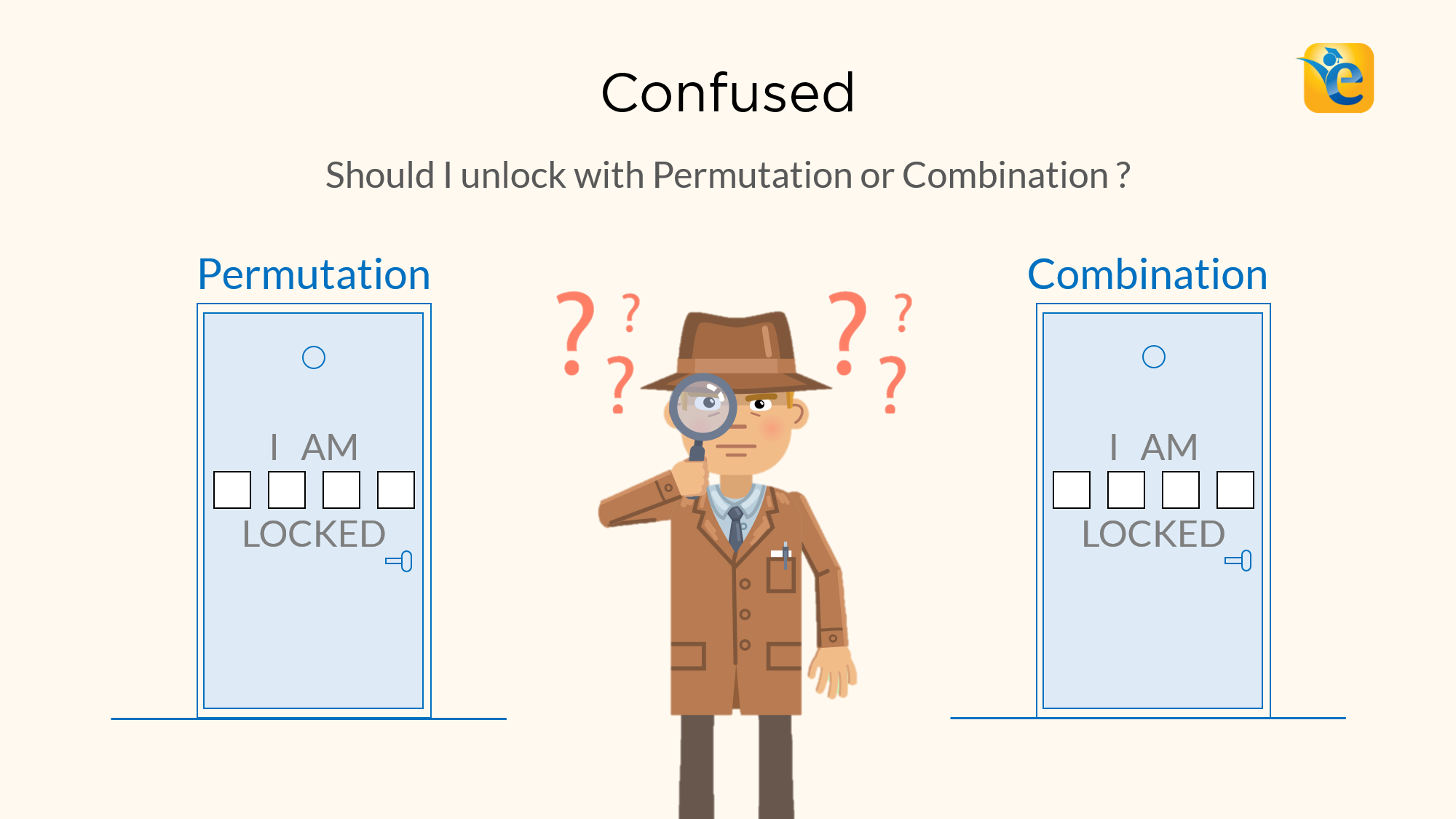Introduction
In today's digital age, where we store and access sensitive data online, password security has become increasingly important. A strong password is the first line of defense against hackers and cybercriminals who are constantly trying to gain unauthorized access to personal and sensitive information. In this article, we will discuss the importance of strong passwords in cybersecurity and provide tips for creating and managing strong passwords.
The Problem with Weak Passwords
Weak passwords are easy targets for cybercriminals. They can use various tools to guess or crack passwords that are too simple or commonly used. Moreover, reusing passwords across multiple accounts or sharing passwords with others can put your sensitive data at risk. According to a recent survey by NordPass, "123456" and "password" were the most commonly used passwords in 2021. This shows how many people still do not take password security seriously.
Characteristics of Strong Passwords
A strong password is characterized by its length, complexity, and uniqueness. The longer the password, the harder it is to crack. A good password should be at least 12 characters long, with a mix of uppercase and lowercase letters, numbers, and special characters. For example, "P@ssw0rd!23" is a strong password that is difficult to guess or crack.
Best Practices for Creating and Managing Passwords
Creating and managing strong passwords can be challenging, especially if you have multiple accounts to manage. Here are some best practices to follow:
- Use a password manager: A password manager is a tool that helps you generate and store strong passwords for each of your accounts. This way, you do not have to remember all your passwords, and you can access them easily.
- Enable two-factor authentication: Two-factor authentication adds an extra layer of security to your accounts by requiring a second form of identification, such as a code sent to your phone or email.
- Change passwords regularly: Changing passwords every few months is a good practice to follow, especially for accounts that contain sensitive data.
- Use different passwords for different accounts: Using the same password across multiple accounts can put all your accounts at risk if one of them is compromised.
- Do not write down passwords: Writing down passwords on paper or in a file on your computer can make them vulnerable to theft or hacking.
Password Security in the Workplace
Password security is especially important in the workplace, where sensitive data is often stored. Companies should implement best practices to ensure that their employees are using strong passwords and keeping them secure. These include:
- Educating employees on password security best practices.
- Requiring strong passwords and regular password changes.
- Implementing two-factor authentication.
- Monitoring password usage and enforcing security policies.
Conclusion
In conclusion, strong passwords are critical to protecting personal and sensitive information from cybercriminals. By following the best practices for creating and managing strong passwords, you can reduce the risk of being hacked or having your data stolen. We encourage you to take the time to review your passwords and make any necessary changes to ensure your online security. Remember, a strong password is your first line of defense against cyber threats.




















